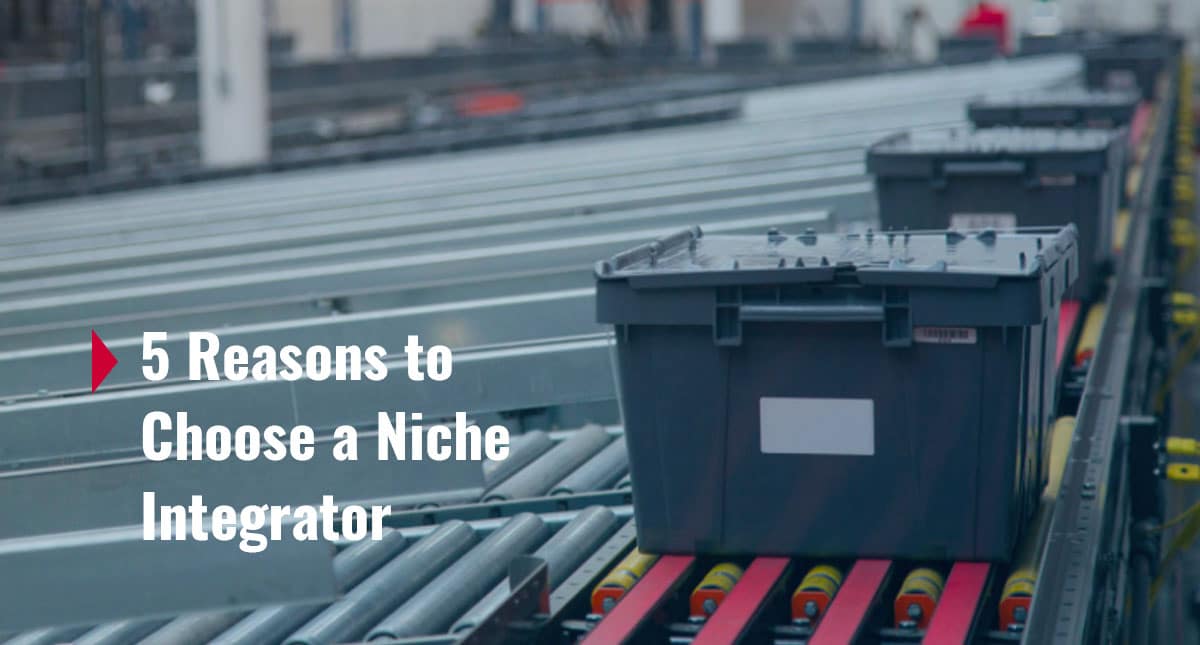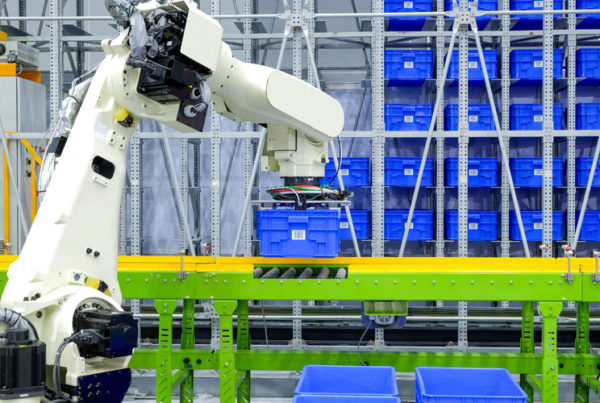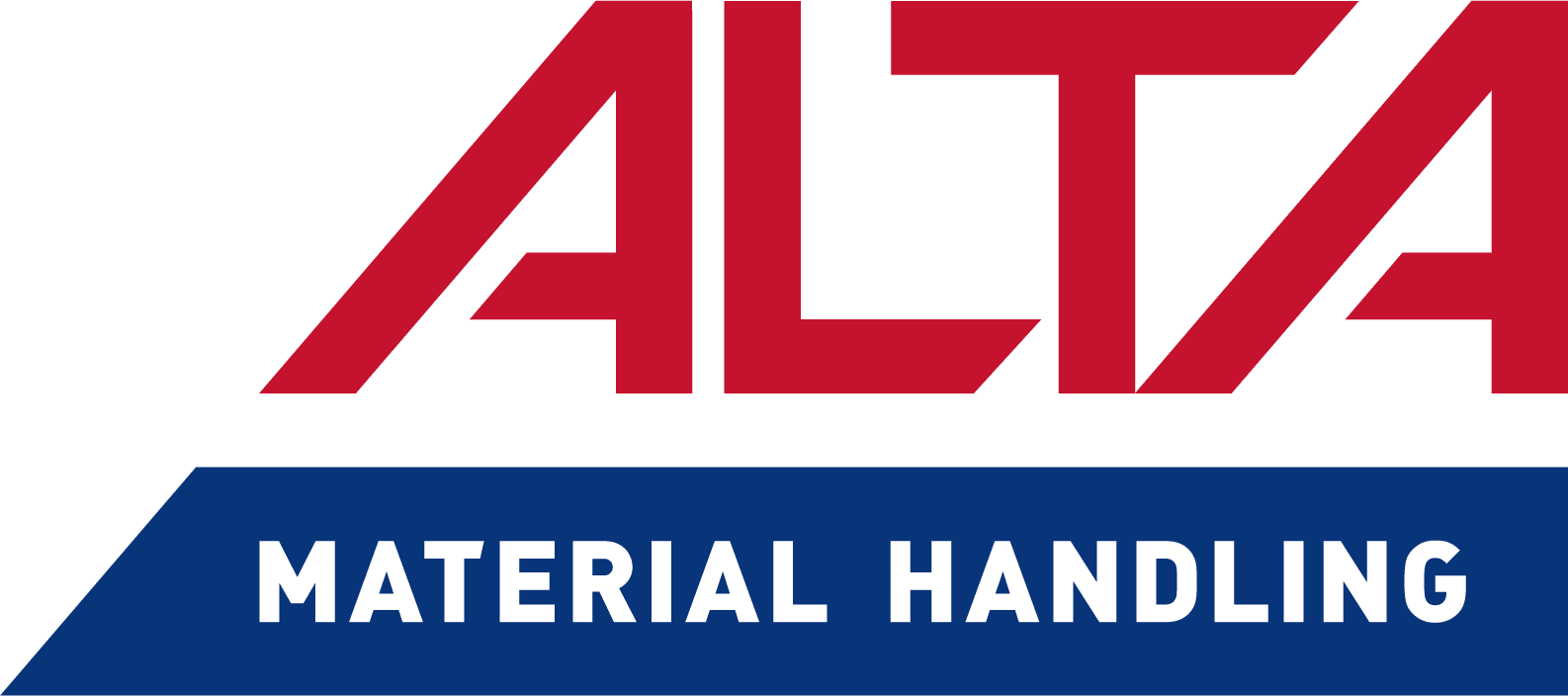There are many qualifiers that factor into choosing a material handling integrator.
To compete, niche integrators need to have the same offerings as their large-scale national and global counterparts: engineering support, access to industry standard software control support (or a proprietary in-house version), and quality support and service. They also need to provide equal or more value of the capital investment.
Assuming all needs are met above, niche integrators still need to differentiate themselves as a viable alternative option for those companies willing to consider them for the next project. How do they do so? By competing with these five nuanced characteristics.
Agility: A niche integrator can respond and react faster than their larger counterparts.
The project’s core team typically remains consistent throughout its lifecycle, from design to implementation to ongoing support, and corporate processes tend to be less regimented. This results in quick decision making that keeps the client’s/project’s goals at the forefront, ensures efficiency in the project schedule, and aligns budget allowances.
Adaptability: A niche integrator can tailor and pivot its client and project management as needed.
An independent integrator has the flexibility to support a client in any manner that the client wants to be supported in, rather than through a formal, corporate client relationship blueprint. This style of client interaction garners more tailored problem solving for the project, and more direct and open communication with the client, both of which result in effective project delivery.
Tenure: A niche integrator can adapt to specific challenges of a project because its staff has likely solved something similar.
Niche integrators tend to retain staff for long and successful tenures. Clients benefit from seasoned talent who have years of experience in solving similar challenges and who can think broadly and creatively to apply cross-functional solutions from previous project designs and results. For long-standing client relationships, a tenured team becomes invaluable. It’s able to bring its institutional knowledge to solve today’s challenge efficiently and effectively. This tenure also extends to the firm’s network of established resources, vendors, partners, etc. to draw upon to help solve the challenge at hand and create solution that’s custom to specific needs.
Listen to Bob Giberson, principal, talk about the value of a niche integrator’s tenured staff.
Support: A niche integrator can tailor its support, both its service hours and cost.
A deciding factor for many clients is what the ongoing service and support will be post launch. Niche integrators are more likely to offer user-friendly, customized service packages, including phone/hotline support, emergency service, and more… without sacrificing quality. Often, a customized support mechanism will be crafted, by collaborating directly with the end user client, to best support that client and their particular needs. The true value of your project is that the machinery has high up time. With a niche integrator, so does your team supporting it.
ROI: A niche integrator can result in a greater ROI.
A niche integrator can provide a savings of at least 15-20% in the overall project investment when compared to a large-scale corporate integrator. All without sacrificing value. In fact, it can result in more value when you consider the personalized, tailored service a niche integrator will provide.
If you take care of your material handling system, it will take care of you and your customers.
Niche integrators are uniquely positioned to help you do just that. They’re not right in all cases, but in many cases they are equally qualified as their large-scale counterparts. And they’re worth considering for your next project.






